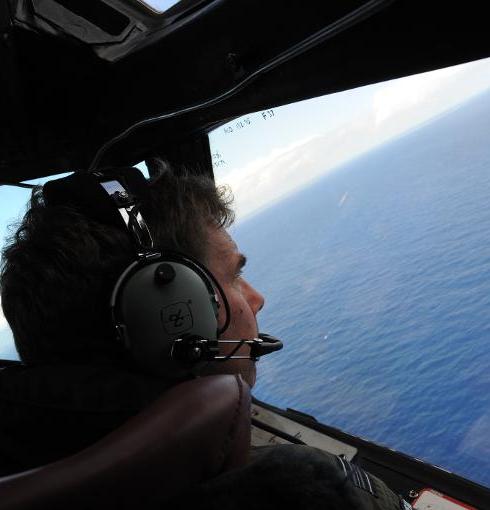'Citizen' science: Sailors wanted to monitor high seas
Researchers Wednesday urged sailors to become “citizen oceanographers” and help scientists better understand some of the world’s wildest seas where ships and even planes disappear without trace. An Australian-led study said that despite technology such as GPS navigation and advanced research vessels with modern capabilities, much of the world’s oceans remains under-explored, with cost a key impediment to knowing more. Missing data hampers researchers’ ability to make basic predictions about ocean weather, narrow the trajectories of floating objects etc. “Notwithstanding satellite constellations, autonomous vehicles, and more than 300 research vessels worldwide, we lack fundamental data relating to our oceans,” the study published in the PLos Biology journal said.
With the right equipment, citizen scientists could gather large quantities of information as they sail around the world.
Federico Lauro, University of New South Wales
The lack of knowledge has been evident most recently in the fruitless hunt for Malaysia Airlines Flight MH370, which is believed to have crashed in the largely unmapped southern Indian Ocean off Western Australia six months ago. Federico Lauro, a University of New South Wales microbiologist and national sailing champion who led the study, said cost was a key factor in better understanding oceans. But there was a large pool of sailors who could contribute cheaply, using small instruments fitted to yachts at a fraction of the cost of running specialised research vessels. Lauro said the thousands of yachts at sea each year could form a global monitoring network, collecting temperature and conductivity measurements, monitoring the weather and recording sightings of debris. They could also collect samples of the tiny marine microbes, including bacteria and plankton, that are the foundation of the food web and vital indicators of an ocean’s health. Lauro last year led a scientific expedition across the Indian Ocean aboard S/Y Indigo V, an 18-metre sailing yacht, to pioneer this method of data collection.
By using what’s known as ‘citizen science’, Indigo V Expeditions set out to prove that the concept of crowdsourcing oceanography can solve the great data collection bottleneck.
Federico Lauro, University of New South Wales

Science citizen oceanographers